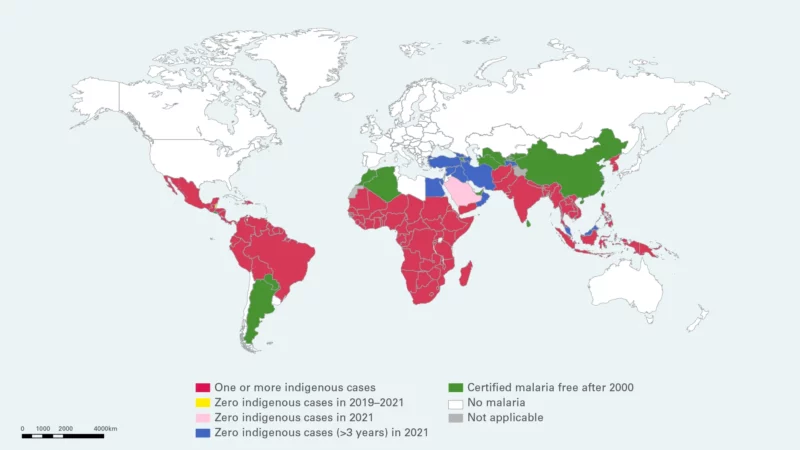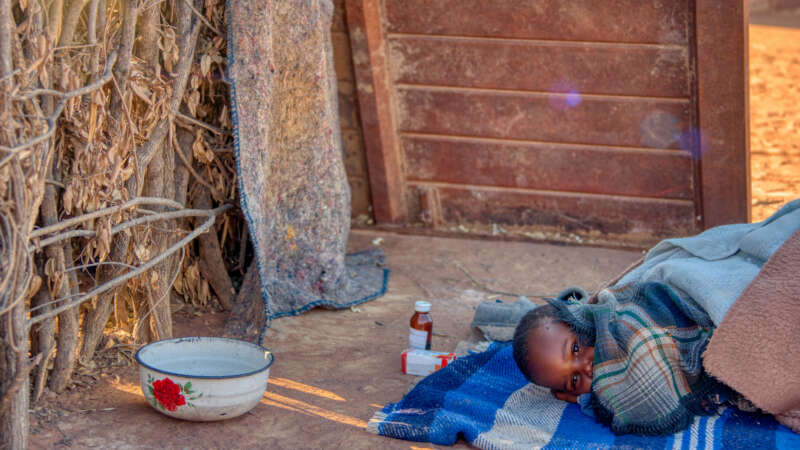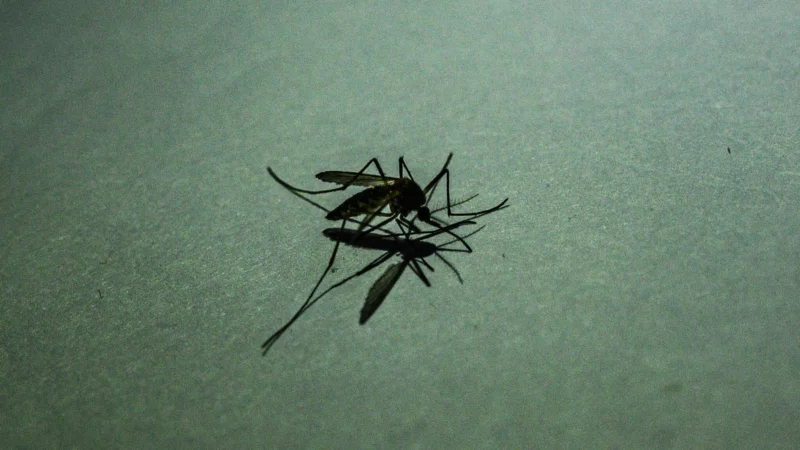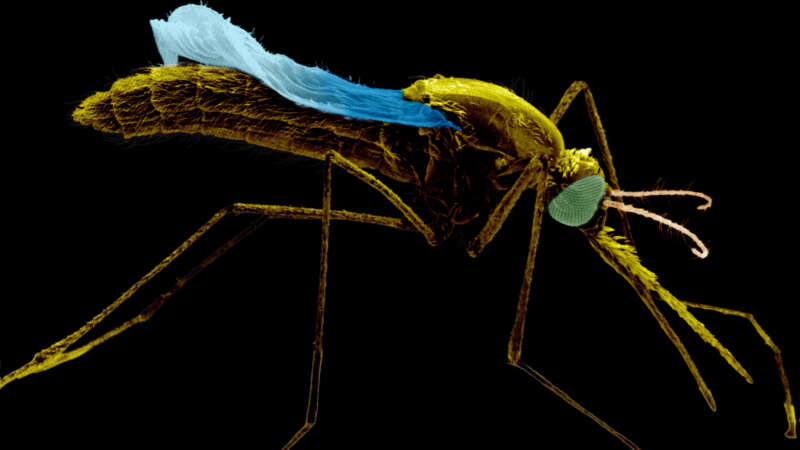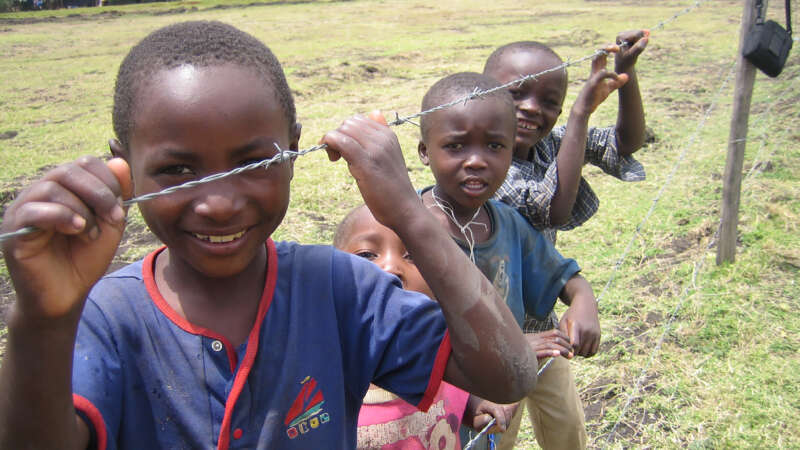malaria
Dr. Salim Abdulla: The Heart and Soul of Malaria Research
Dr. Salim Abdulla is a distinguished clinical epidemiologist whose remarkable career has significantly impacted the global fight against malaria and emerging pathogens. With over 20 years of experience in conducting clinical trials and groundbreaking research, he has played a pivotal role in shaping national malaria policies and leading innovations in healthcare.
Throughout his career, Dr. Abdulla has focused on evaluating and introducing critical interventions in the fight against malaria. He conducted extensive research on insecticide-treated bednets (ITNs) and artemisinin-based combination therapies, leading to important advancements in national malaria policy formulation. Notably, he is currently engaged in the evaluation of new malaria vaccines and treatments, with the goal of achieving regulatory licensure.
Malaria by the Numbers
According to the 2022 World Malaria Report, despite disruptions to prevention, diagnostic and treatment services during the pandemic, countries around the world have largely held the line against further setbacks to malaria control.
Good news:
Progress towards malaria elimination is increasing; in 2021, there were 84 malaria endemic countries compared with 108 in 2000.
The Economics of Malaria
In the 2022 World Malaria Report, compiled by the World Health Organization (WHO), the total spend on funding the fight of malaria in 2021 was estimated at USD 3.5 billion. Over that year, the same report states that there were an estimated 247 million cases of malaria and 619,000 malaria deaths globally.
More recently, over the course of the 20th Century, malaria is believed to have claimed between 150–300 million lives. The disease is contracted predominantly in the tropical regions: sub-Saharan Africa, Asia and the Amazon basin. This is due to the prevalence of the Anopheles mosquito that transmits the disease. Poorer regions of Africa bear the vast majority of the burden. In 2021, around 95% of the diagnosed cases and deaths were on the African continent, 80% of which were children under the age of five. The disease is entirely preventable and curable with prompt diagnosis and effective methods of treatment which require sufficient investment and funding.
How Climate Change is Spreading Malaria in Africa
Warming temperatures are chasing animals and plants to new habitats, sometimes with devastating consequences to ecosystems. But there is little evidence regarding how far and how fast the invaders might be moving.
A new study offers a glimpse of the future by looking to the past. Mosquitoes that transmit malaria in sub-Saharan Africa have moved to higher elevations by about 6.5 meters (roughly 21 feet) per year and away from the Equator by 4.7 kilometers (about three miles) per year over the past century, according to the study.
Deforestation 101
Forests cover about 30% of the planet, but deforestation is clearing these essential habitats on a massive scale. What is deforestation? Find out the causes, effects, and solutions to deforestation.
Tracking the Global Burden of Vector-Borne Disease
The burden of vector-borne diseases (VBDs) is one of public health’s most pressing challenges. VBDs are caused by pathogens such as arboviruses (arthropod-borne virus), bacteria, and parasites that are transmitted to humans and animals through the bites of infected arthropods including mosquitoes, ticks, sandflies, and fleas, among others. According to the World Health Organization (WHO) , “vector-borne diseases account for more than 17% of all infectious diseases, causing more than 700,000 deaths annually worldwide”.
Beyond these broad statistics, attempts to quantify the global burden of VBDs is extremely challenging – for a number of reasons. At the highest level, even “burden” has an underlying complexity in public health terms: burden may refer to the number of cases of a given disease as well as the number of deaths.
Burden can also represent Disability-adjusted Life Years (DALYs), a measure that accounts for the long-term effects of disability among the afflicted, as well as the economic impact of disease from regions and countries all the way down to households and individuals. These economic impacts can be further scrutinized as reduced productivity among the populace, increased healthcare costs, and negative impacts on tourism; all of which can directly affect the GDP and economic growth of local and regional economies. And that’s just the beginning.
Study: Digitally Managed Larviciding
A new study has found that larval source management (LSM) – treating mosquito breeding habitats – can still be effective in malaria elimination operations, especially with the aid of new digital technologies. LSM has been replaced in Africa by long-lasting insecticidal nets (LLINs) and indoor residual spraying (IRS), but these methods are becoming less effective due to mosquitoes’ growing resistance to insecticides.
Urban Africa Faces Invasive Challenge
Malaria numbers are surging in the Horn of Africa, but not in rural settings.
Djibouti is a small country of around 900,000 inhabitants on the Horn of Africa that rests on the shores of Bab al-Mandab strait, just 20 miles from the coast of Yemen and southwest Asia. Ten years ago, the World Health Organization (WHO) proudly proclaimed that Djibouti was entering the “pre-elimination phase” in its longstanding battle against malaria. Pre-elimination status is reached when a country’s number of confirmed malaria cases approaches zero.
Malaria’s Long Tail
The impacts of severe malaria cases on children are well documented, but the effects of mild infections on child development are less understood. The statistics …
WMR 2015 Celebrates Successes, Highlights Challenges
2015 WORLD MALARIA REPORT MARKS END OF MILLENNIUM DEVELOPMENT GOALS ERA In her forward to the 2015 World Malaria Report (WMR), World Health Organization (WHO) …

